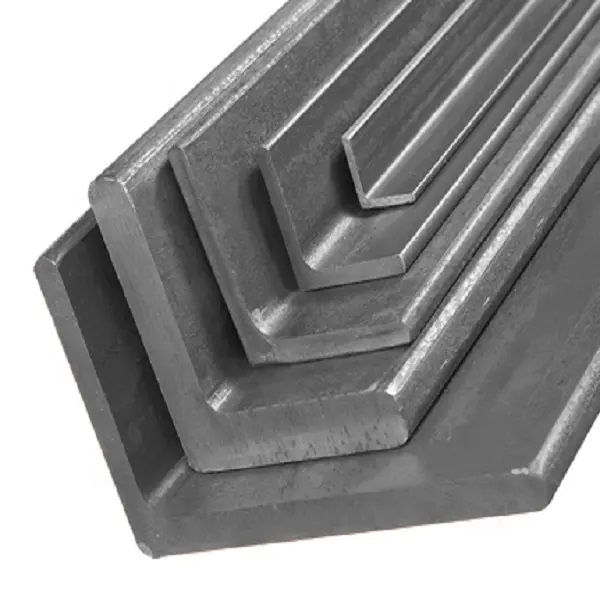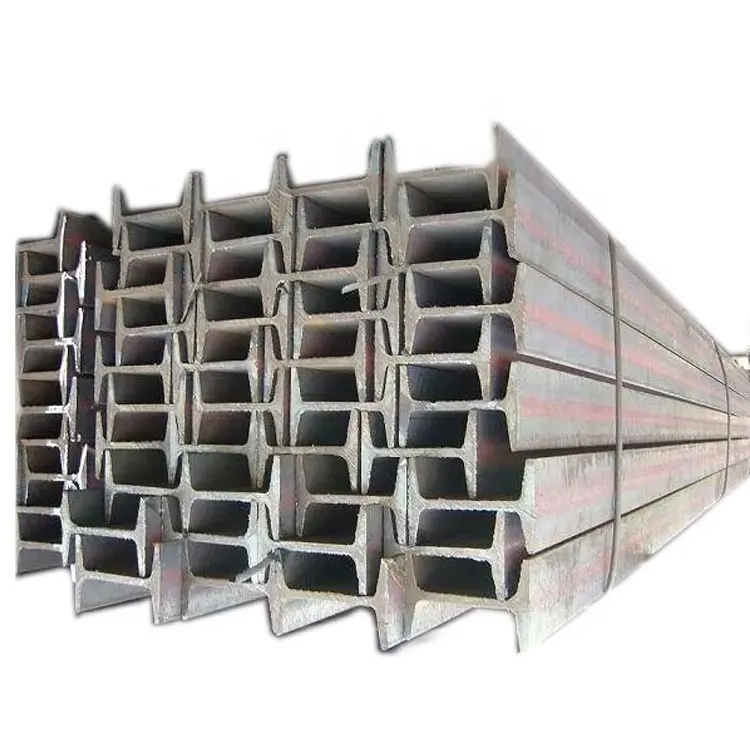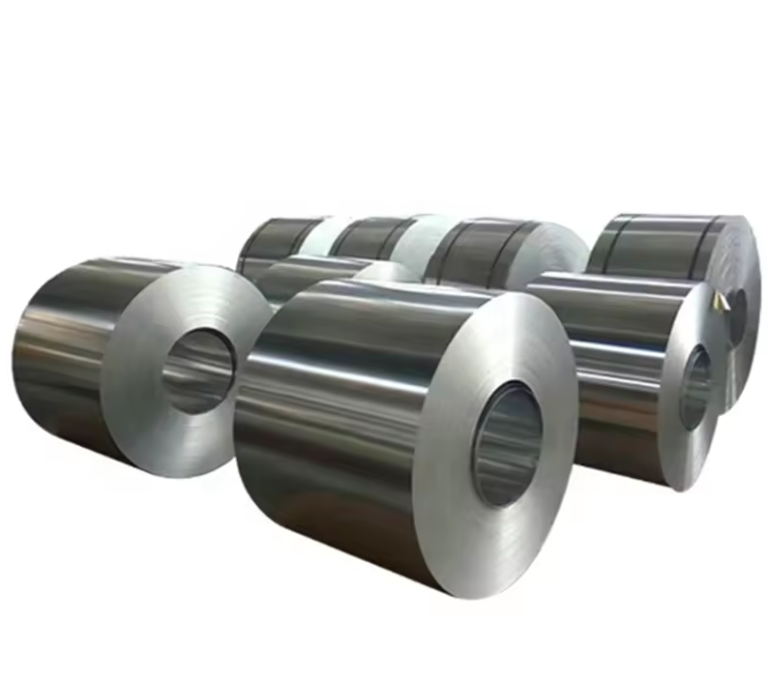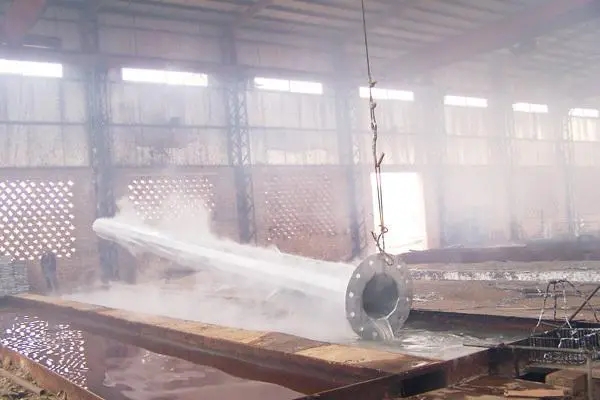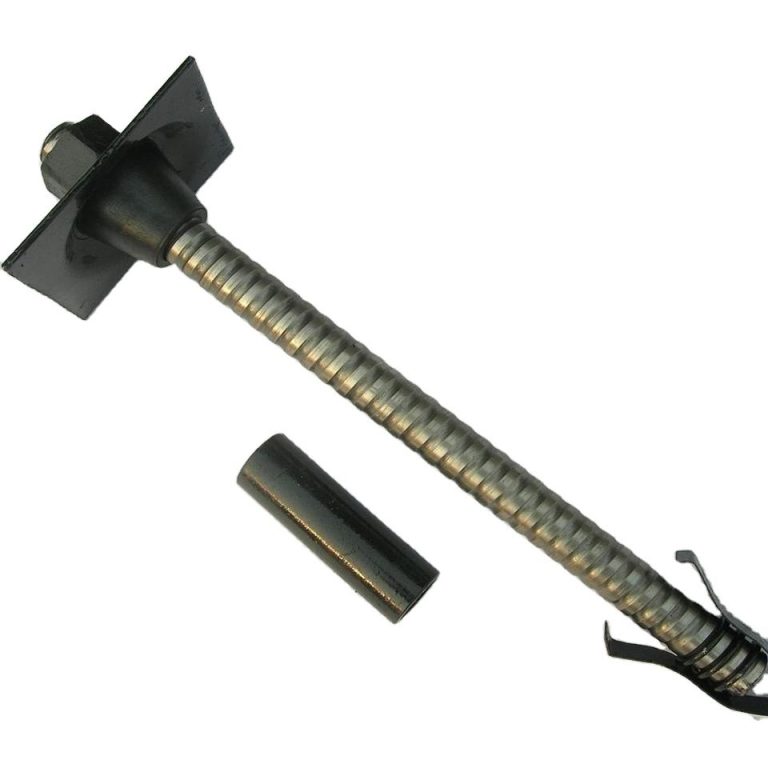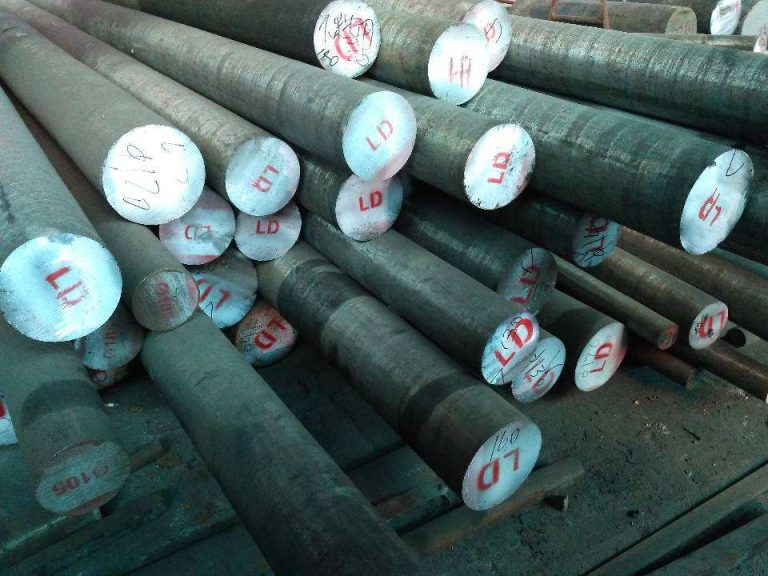Will stainless steel pipes rust?
Stainless steel pipes are usually not prone to rust, but they are not immune to rust. Stainless steel is called “stainless” because it resists rust, but it is not completely unaffected. Here are some key points about stainless steel pipe rust:
Stainless steel types: Stainless steel comes in many different alloys and grades, each with different corrosion resistance properties. For example, common stainless steel types include Austenitic, Ferritic, and Martensitic stainless steels. Austenitic stainless steels are generally rust-resistant.
Environment: The rust resistance of stainless steel depends on the surrounding environment. In some cases, such as high chlorine seawater or acidic environments, stainless steel may rust. Therefore, environmental conditions are also an important factor.
Surface treatment: The surface of stainless steel pipes can be treated differently, such as polishing, pickling or electroplating, to improve its rust resistance. These treatments can reduce the risk of rust.
Cleaning and Maintenance: Regular cleaning and maintenance of stainless steel pipes can help reduce the risk of rust. Avoid using caustic chemicals or hard brushes to clean stainless steel as this may damage its surface.
Generally speaking, stainless steel pipes have excellent rust resistance in most cases, so they are often used in applications that require corrosion resistance, such as pipes, kitchen equipment, chemical equipment, etc. However, they can still rust under certain conditions. Therefore, depending on the specific application needs, the appropriate type of stainless steel needs to be selected and appropriate measures taken to reduce the risk of rust.


